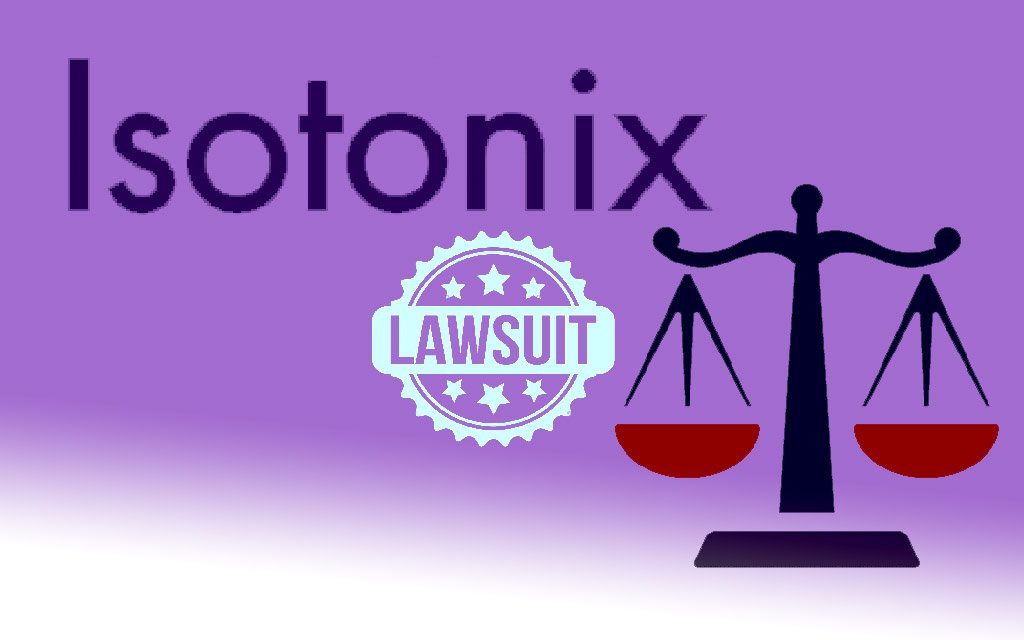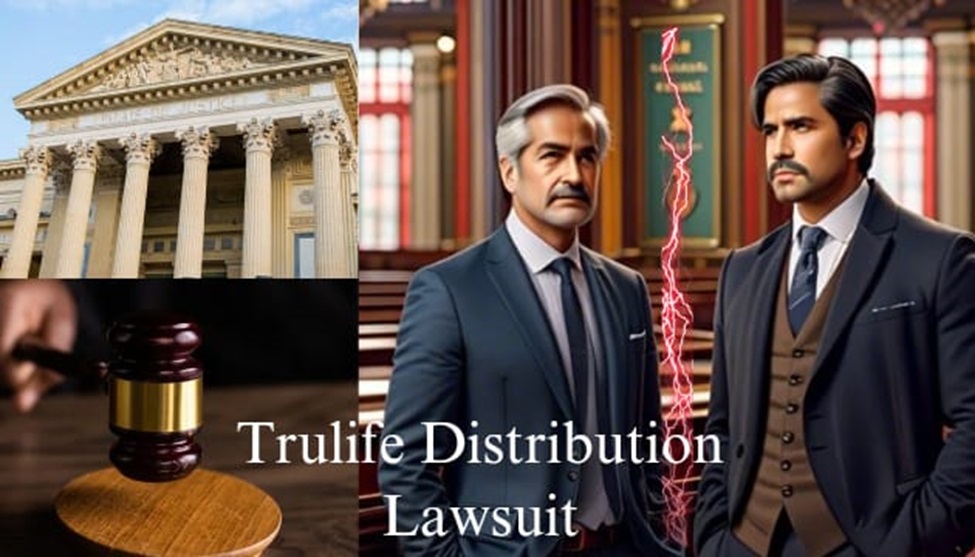The Timberline Venture Partners case against Kazaa is one of the landmark cases that defined early times in the digital age. The intersection of technology, copyright law, and venture capital is presented here. In a case that was less about money, the lawsuit demonstrated how difficult it can be to invest in technologies that often tread on legal gray areas.
Kazaa, which used peer-to-peer (P2P) file-sharing technology, revolutionized sharing of digital material. The phenomenal growth of Kazaa in the early 2000s attracted millions of customers and enormous investment interest. It was, however, this innovation that was Kazaa’s undoing. This paper provides a background on the lawsuit surrounding this case and broadens the context of liability implications for investors and tech entrepreneurs.
The Rise of Kazaa: Revolutionary Technology
Kazaa is a revolutionary P2P application that emerged in 2001. It permitted users to share music, videos, and software directly. Its decentralized system made file sharing faster and more accessible than centralized servers.
Millions of users downloaded Kazaa, making it one of the most highly downloaded pieces of software at the time. Considering usability and a vast repository of downloadable files, Kazaa was unbeatable. However, the rave popularity came at a cost: the platform became synonymous with illegal downloads and copyright infringement.
The music and film industries accused Kazaa of promoting piracy. Not long after, the Recording Industry Association of America and Hollywood’s major movie studios sued it. The legal action threatened not only Kazaa but also its investors.
Timberline Venture Partners: Kazaa Investor
Kazaa’s technology was promising enough for Timberline Venture Partners, given that the latter is a venture capital firm investing in early-stage tech companies and innovative ideas. Kazaa’s P2P model represented the future of digital media distribution.
However, the investment was not risk-free. Kazaa operated in a legal gray area. Its future wasn’t so secure. Yet Timberline pushed ahead, assuming the business would soon dominate the market. It was not prepared for the level of legal turmoil that Kazaa experienced.
Legal Woes Begin: First Round of Litigations
Kazaa’s problems skyrocketed when litigation began against the entertainment industry. The RIAA charged that Kazaa facilitated massive copyright infringement. Next came claims from movie studios that Kazaa was costing them billions.
Kazaa argued that it only provided the technology and had no responsibility over how users would use it. That defense didn’t hold. Courts ruled that Kazaa was responsible for preventing illegal activities on its platform. These rulings increased pressure on Kazaa and its investors.
The Timberline Lawsuit: A Clash Over Disclosure
Timberline Venture Partners also sued Kazaa itself. The company argued that Kazaa’s management failed to disclose the extent of the legal risks attached to the platform. It argued that the firm had invested in incomplete and misleading information.
The complaint included misrepresentation and breach of fiduciary duty. Timberline claimed damages for financial losses suffered from the lawsuits against Kazaa. They also claimed damages for reputational harm due to association with a company under legal attack.
This case was not about money. It represented the conflict between tech startups and their investors. Transparency and trust became the central themes in the courtroom.
Read also: Franklin Oaks Nursing and Rehabilitation Center Lawsuit: Allegations and Industry Lessons
Impact on Venture Capital: A Wake-Up Call
The Timberline lawsuit shook the venture capital world. It exposed how easily legal risks could derail promising tech investments. Investors began rethinking how they evaluated startups, especially those in emerging or unregulated industries.
Due Diligence Becomes Crucial
Diligence became all important. Investors were no longer willing to look beyond a startup’s business model’s legal, regulatory, and ethical implications. Growth metrics were no longer the only game in town.
Transparency from Founders
The case highlights how open communication is between founders and investors—companies working in legally gray areas needed to give detailed disclosures. Investors wanted clear information about possible risks and liabilities.
Lessons for Tech Startups: Innovation Isn’t Enough
The case of Timberline vs. Kazaa has been a learning curve for entrepreneurs. Not only are innovative ideas measures to success in the tech industry, but legal compliance and ethical practices are also important.
Legal Knowledge
The legal framework that governs a startup’s industry needs to be known. It increases the risk of lawsuits and regulatory action when operating in a gray area. Before launching any product or service, entrepreneurs must consult with lawyers.
Building Trust with Investors
Transparency breeds trust. Founders who are transparent about the risks build credibility. Investors are more likely to support startups with awareness of their challenges and a plan to overcome them.
Scaling Growth with Compliance
Rapid growth should not take precedence over compliance. A startup must seek a balance between scaling quickly and adhering to legal and ethical standards.
The Fallout: Kazaa’s Decline
Kazaa’s legal troubles became too much to handle. Courts imposed heavy fines, and the platform faced increasing restrictions. Users began abandoning Kazaa for alternatives. By the mid-2000s, Kazaa had lost its dominance.
Timberline’s lawsuit did not save its investment. Kazaa’s decline became a cautionary tale for tech entrepreneurs and venture capitalists. The case illustrated how quickly legal challenges could dismantle a promising business.
The Current Legacy of the Timberline Lawsuit
The case of Timberline Venture Partners versus Kazaa was a landmark one in the tech and investment world. It changed how investors look at startups, and founders think about legal risks.
Today, it reminds everyone about the need for compliance and transparency. It continues to shape how venture capital firms look at risk in emerging technologies. For startups, it’s a lesson in balancing innovation with responsibility.
Conclusion: Timberline Venture Partners Lawsuit Kazaa
The Timberline Venture Partners lawsuit against Kazaa marks a crucial moment in tech history. It raised the stakes of investing in disruptive technologies without understanding their legal implications. It also underlines the significance of trust and transparency between investors and founders.
The case reiterated the value of thorough due diligence for venture capitalists. It established that legal compliance and clarity in business communication with tech entrepreneurs mattered. The case changed the face of investing in technology; today, there’s much left behind.
The Kazaa story is an important reminder that no amount of innovation can stand above the rule of law. This guidepost relates to a complicated technology, law, and investment space: the Timberline case.


